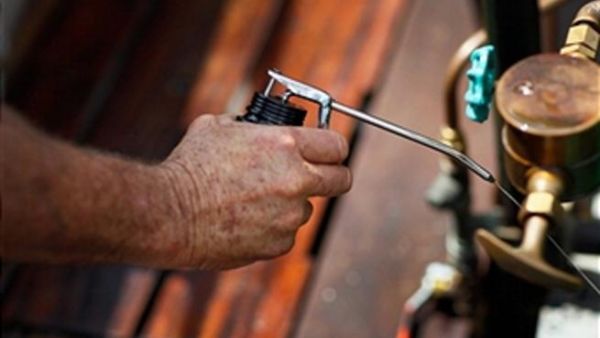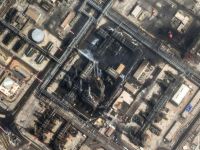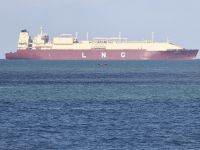Emiratis’ love of cheap gasoline has caused a fissure in the UAE establishment, setting a top government body, nervous of Arab Spring unrest, against national oil companies fighting to stem losses from producing underpriced fuel for the home market.
Two years ago the UAE considered phasing out generous subsidies that mean both citizens and the larger immigrant population only pay $0.47 for a litre of gasoline. But thoughts of raising fuel prices have been swept away by the Arab Spring that has put pressure on regimes to maintain social benefits, despite foreigners, who make up 89 percent of the population, being the biggest beneficiaries of subsidies that squeeze state coffers and fuel retailers. Members of the Federal National Council (FNC), which has no legislative powers, unanimously approved plans to cut gasoline prices for everyone, after complaints that citizens pay too much to fill up.
The oil ministry is opposed to any reduction in price but it will be up to the cabinet whether to accept the FNC’s recommendation. “The oil ministry strongly opposes any increase in subsidy – we are trying to improve our economy and a subsidy increase would be a huge set back,” a source close to the ministry said. Behind the government and its long term strategy for a modern, diversified economy less shackled to oil and without the feather bedding of state energy subsidies, lies a formidable industrial lobby.
In an irony for a Gulf oil economy, domestic gasoline retailers have been hit with numbing losses, partly thanks to subsidies but also due to imbalances between the Emirates. The combined losses of the four UAE state-owned retailers:Enoc; Eppco; Emarat; and Adnoc, are estimated at Dh8.5 billion ($2.31 billion) in 2011, expected to reach Dh12 billion ($3.27 billion) this year.








